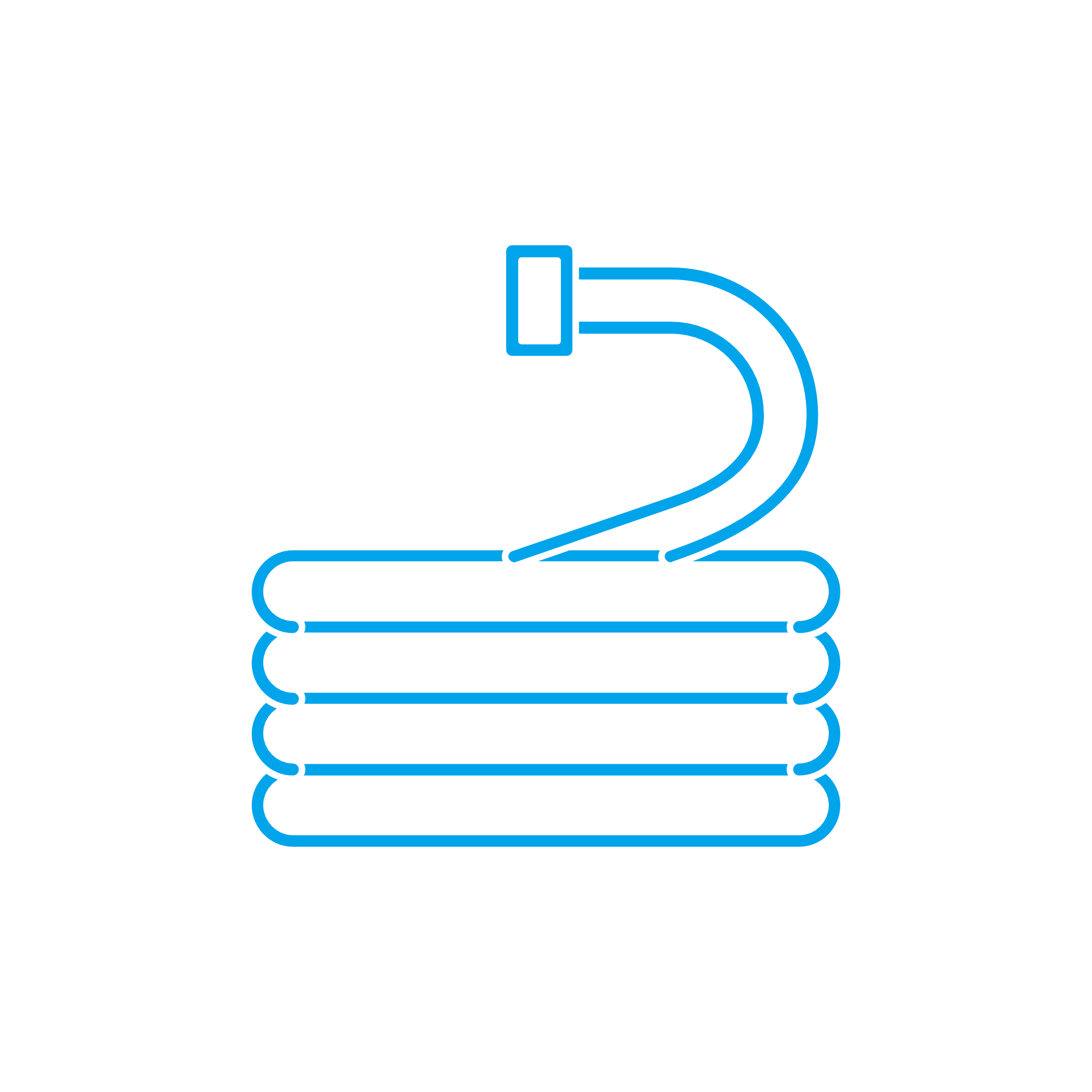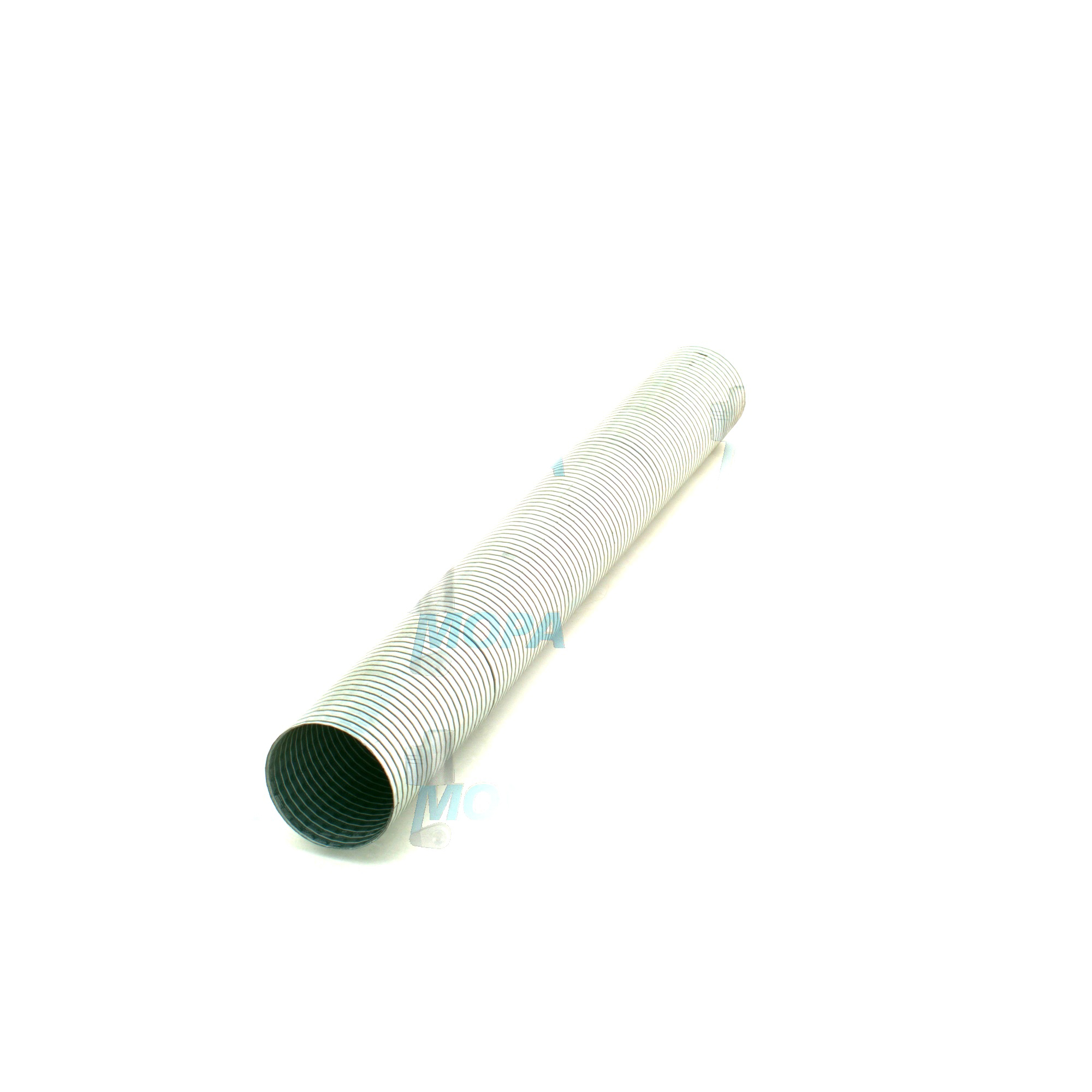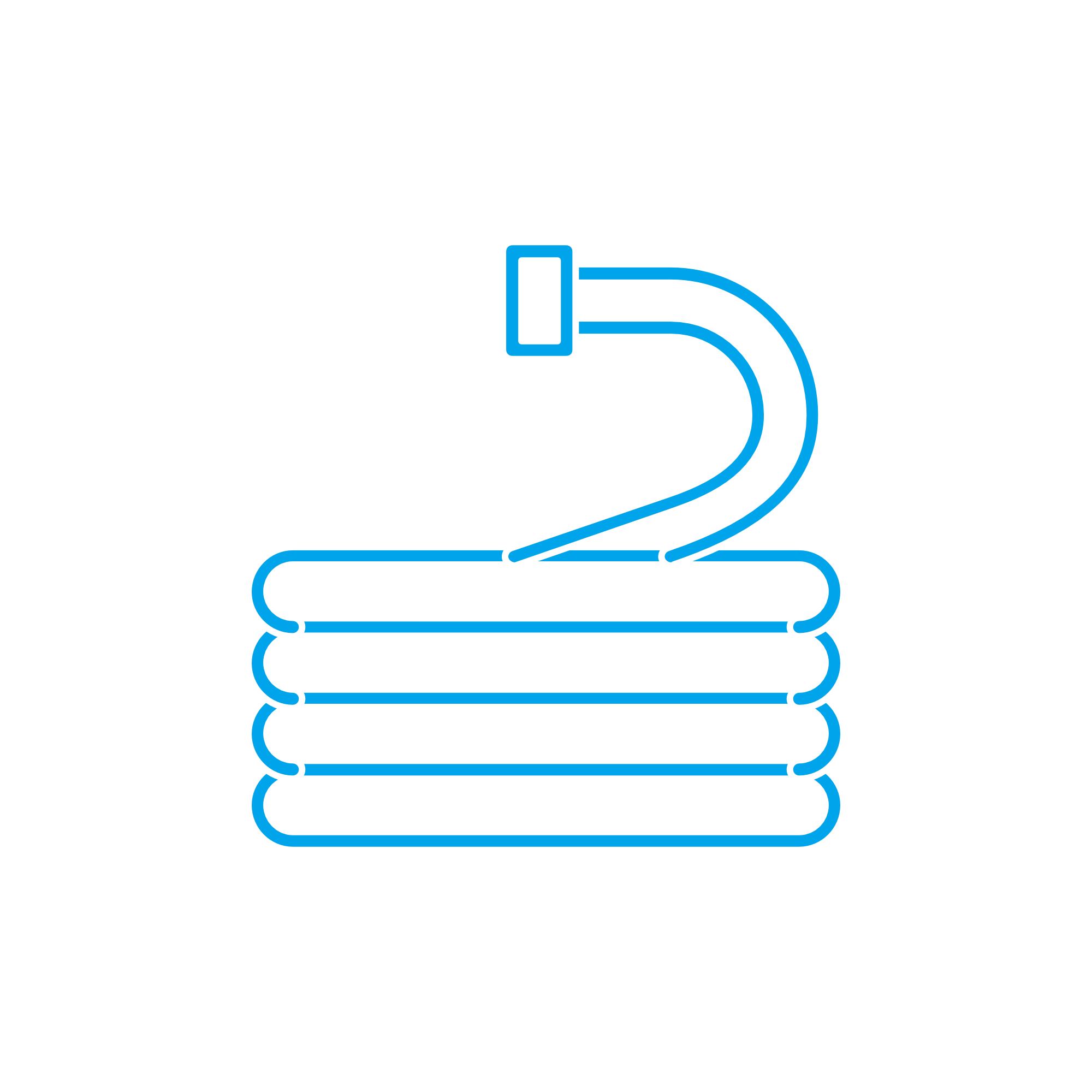FLEXIBLE METAL TUBE Hoses for Engine Reliability and Performance
Hoses are critical fluid and gas conveyance components in every engine room, connecting pumps, coolers, manifolds, filters, reservoirs, and instrumentation. They route fuel, lube oil, coolant, charge air, and exhaust-related media safely through tight spaces while accommodating vibration, thermal expansion, and alignment tolerances. Within this category, FLEXIBLE METAL TUBE assemblies and braided hose lines stand out for high-temperature, high-pressure, and fire-sensitive zones, complementing elastomer and PTFE hose solutions across marine and stationary applications.
Whether on a vessel’s main propulsion line or a land-based power plant, well-specified hoses prevent leaks, reduce vibration transfer, protect surrounding equipment, and support clean, efficient combustion. They are engineered as complete systems—tube or liner, reinforcement, cover or braid, and end fittings—to match the engine’s duty cycle and environmental exposure. Selecting the right hose type, including FLEXIBLE METAL TUBE for hot sections, is fundamental to safe, efficient, and compliant operations.
Technical function of Hoses and FLEXIBLE METAL TUBE in marine engine and diesel engine systems
Hoses connect rotating and static equipment where rigid pipe would be impractical. In a diesel engine, they serve multiple circuits: fuel supply and return, lube oil feed and scavenge, jacket-water and charge-air cooling, hydraulics (actuators and governors), and ventilation or blow-by management. FLEXIBLE METAL TUBE lines are commonly installed in elevated-temperature areas—near turbochargers, exhaust manifolds, or EGR modules—where thermal resistance, flame spread behavior, and mechanical robustness are essential. Their corrugated stainless-steel cores with one or two wire braids manage both internal pressure and external flexing while maintaining dimensional stability.
From a performance perspective, correctly sized hoses stabilize flow, maintain pressure, and reduce pulsations from positive-displacement pumps. This stability supports injector precision in diesel engines, preserves lube oil film integrity, and keeps charge-air temperatures within design windows, directly affecting efficiency and emissions. In safety-critical contexts, a properly selected FLEXIBLE METAL TUBE for a marine engine resists radiant heat, reduces ignition risk in case of spray, and offers long service intervals due to corrosion-resistant metallurgy (commonly 316L or similar alloys). For instrumentation, small-bore hose assemblies isolate vibration, protecting sensors and improving measurement reliability.
- · Reliable fluid transfer under dynamic loads.
- · Vibration isolation between engine and fixed piping.
- · Thermal expansion compensation near hot components.
- · High pressure ratings with stable dimensional control.
- · Material options for fuel, oil, coolant, and gas compatibility.
- · FLEXIBLE METAL TUBE suitable for hot zones and fire-sensitive areas.
- · Proven performance in marine engine and diesel engine environments.
- · Configurable end fittings for leak-tight, service-friendly connections.
FLEXIBLE METAL TUBE OEM parts: construction details that matter
Key design variables—corrugation profile (annular vs. helical), braid coverage, wall thickness, liner materials (e.g., PTFE liners for chemical compatibility), and welding versus crimping of end connections—impact durability and flow characteristics. Properly engineered OEM parts ensure dimensional accuracy, documented pressure/temperature ratings, and traceable materials, supporting safe operation across the full engine load range.
Importance of Hoses for engine operation and service life
Hoses directly influence reliability and uptime. Aging or incorrectly specified assemblies can lead to micro-leaks, pressure loss, aeration of fluids, or catastrophic bursts. In fuel systems, even minor leakage degrades combustion quality, increases consumption, and creates fire hazards. In cooling circuits, a collapsing or internally delaminating hose restricts flow, causing hotspots, liner erosion, and head gasket stress. For lubrication, contamination ingress through a compromised hose accelerates wear on bearings and cam surfaces, threatening the entire power unit.
Typical failure modes include abrasion wear from contact points, ozone or thermal aging of elastomer covers, chloride-induced corrosion of metal hoses in salty atmospheres, braid fatigue from excessive vibration, and fitting loosening due to improper assembly or alignment. In marine engine rooms, where temperature gradients and vibration are extreme, the resilience of FLEXIBLE METAL TUBE hoses reduces the likelihood of sudden failure. Routine inspection for kinks, blistering, hardening, braid damage, and seepage is essential; replacement intervals should follow engine maker recommendations and operating context.
Advantages of OEM spare parts suitable for Hoses and FLEXIBLE METAL TUBE
Using OEM spare parts suitable for Hoses safeguards performance, budget, and service life through verified specifications and controlled manufacturing. Dimensional fit, material compatibility, and validated test procedures minimize installation time and reduce the risk of rework or early failure. Especially for FLEXIBLE METAL TUBE near exhaust and turbochargers, adherence to engineered metallurgy, braid density, and welding quality ensures stability under thermal cycling and vibration.
For purchasers and technical decision-makers, OEM spare parts suitable for Hoses deliver predictable total cost of ownership. Certified pressure and temperature ratings, correct bend radii, and approved end connections maintain flow and protect pumps, valves, and heat exchangers. Documentation—such as hydrostatic test records, material certificates, and labeling—supports compliance with class requirements and safety audits on marine and power-generation sites.
Why OEM spare parts suitable for FLEXIBLE METAL TUBE are a sound choice
Choosing OEM spare parts suitable for FLEXIBLE METAL TUBE OEM parts strengthens operational continuity. You benefit from consistent metallurgy across batches, proven weld procedures, and fitting geometries that mirror the engine builder’s envelope. This reduces leak paths, keeps pressure losses low, and extends change-out intervals—protecting both schedule and budget.
MOPA as a partner for OEM parts Hoses and FLEXIBLE METAL TUBE
MOPA is an experienced and reliable partner for OEM spare parts Hoses, including FLEXIBLE METAL TUBE assemblies for diesel and gas engines. We combine speed, quality, and security in procurement and delivery—supporting urgent dockings, planned overhauls, and power-plant maintenance. Our team cross-references part numbers, matches materials to fluids and temperatures, and supplies documented assemblies ready for installation.
With streamlined logistics and robust supplier networks, MOPA helps minimize downtime. From fuel and lube oil hose sets to high-temperature FLEXIBLE METAL TUBE for marine engine exhaust-area services, we deliver application-fit solutions with clear documentation and traceability. Technical support covers routing guidance, bend radius checks, and connection standards to achieve reliable, leak-tight systems.
Conclusion
Hoses—especially FLEXIBLE METAL TUBE in hot and high-vibration zones—are vital to engine safety, efficiency, and uptime. Selecting OEM spare parts suitable for Hoses preserves performance, reduces leakage risk, and extends service life. With MOPA as your partner, you can source the right assemblies quickly and securely for diesel and gas engine applications.



